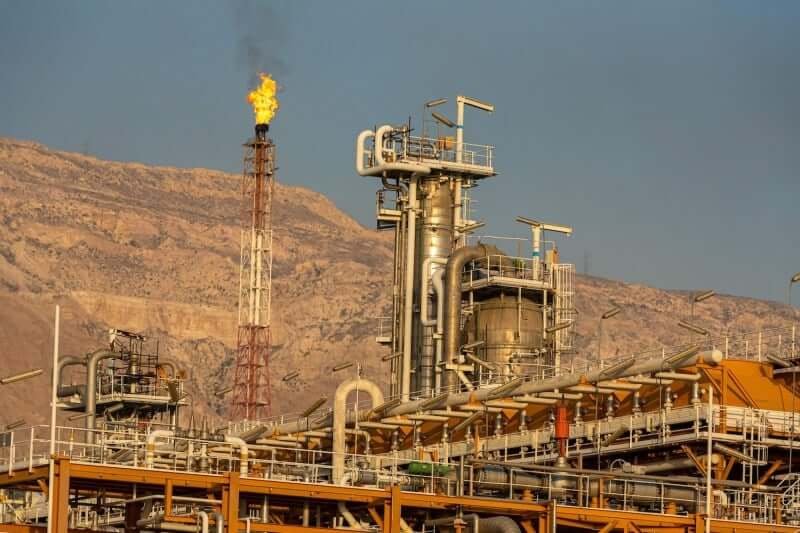U.S. and Israeli officials have been discussing the possibility of Israeli attacks on Iran’s oil infrastructure, as President Joe Biden recently revealed. As he was leaving the White House, Biden made some impromptu comments that hinted at the discussions but failed to define the position of Washington. Israel threatened to make Iran pay a heavy price after 180 ballistic missiles were fired at Israeli targets, including the Nevatim airbase, prompting the warning.
Following Biden’s remarks, Brent crude oil prices rose 5% due to market fear. Oil prices increased by 10% due to earlier this week’s attack on Israel. Iran claims the strike was revenge for the deaths of high-ranking political leaders. Hassan Nasrallah of Hezbollah and Ismail Haniyeh of Hamas were among them. Biden explained that while the U.S. advises Israel, it does not permit Israel to strike Iran. According to a U.S. official, Israel is assessing what it will do next.
Naftali Bennett, a former prime minister of Israel, has advocated military action against Iran’s nuclear installations, going against Biden’s wishes, because it may alter regional dynamics. Israeli news outlets reported that Israel may first target the country’s oil infrastructure before taking any action against Iran’s nuclear installations. In light of possible retaliation from Israel, Iran’s chief of Staff, Maj Gen Mohammad Bagheri, issued a warning that Iran intends to escalate its strikes, specifically targeting Israeli infrastructure.
There exists a growing apprehension regarding the potential for heightened tensions in the conflict between Iran and Israel, particularly in light of the possible ramifications for global oil supplies. The Straits of Hormuz serve as a crucial passage for oil and LNG, raising concerns about potential disruptions that could result in significant challenges for the transportation of energy on a global scale. The leaders of the G7 with whom Biden engaged have highlighted the importance of a measured response from Israel.










